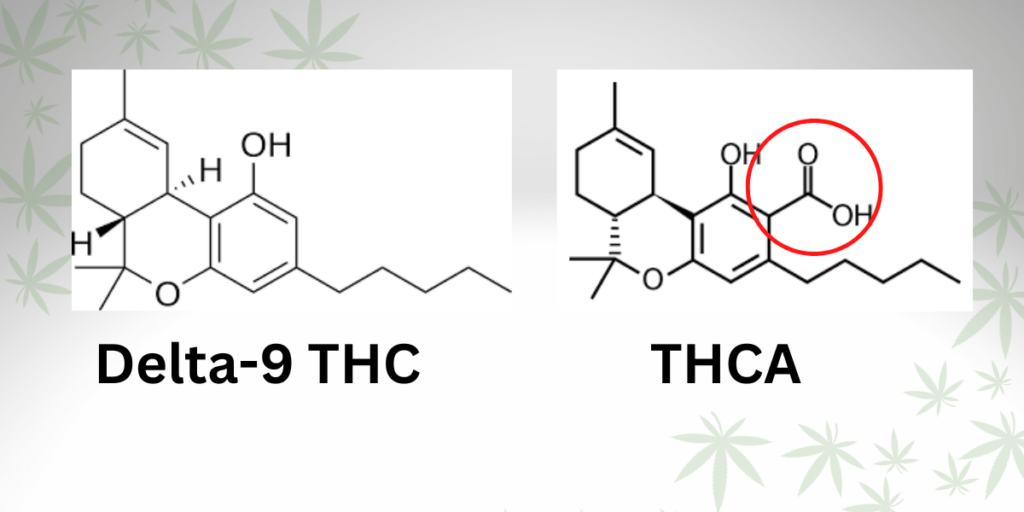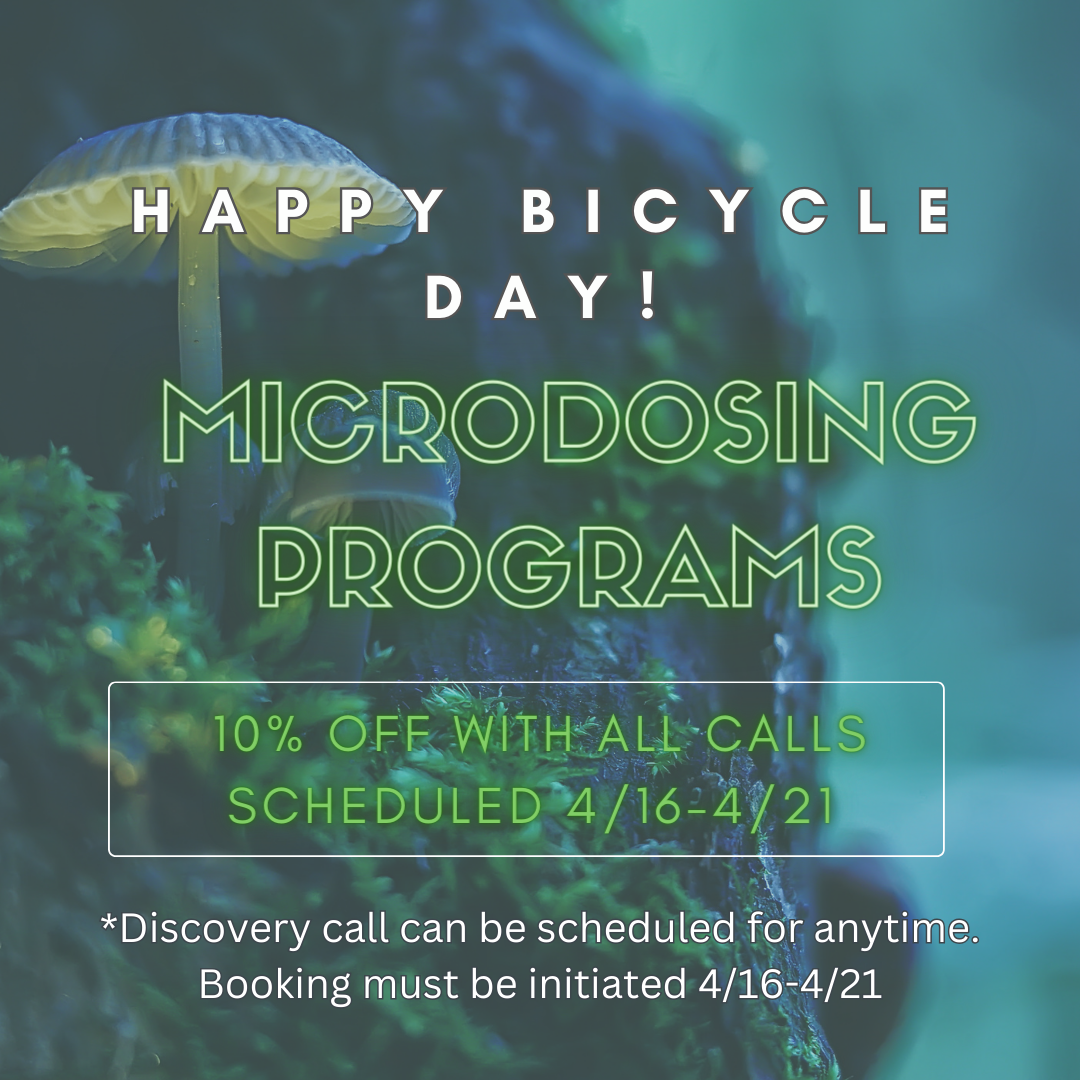Cannabis and cannabinoids continue to gain more attention, especially as a getaway remedy for chronic pain and other Endocannabinoid system (ECS)-related diseases. In 2019, 1 in 4 adults had tried some form of CBD or cannabis-based product. This number increased to 1 in 3 in 2022. The increased use of cannabis also triggered several cannabis law reforms that legalized the plant in many parts of the world.
Why is cannabis so special? Well, it’s because it contains a group of synergistic compounds that interact with several receptors in our bodies to promote internal balance or homeostasis.
As more people decide to give cannabis a try, they are met with one problem; identifying which cannabinoids are best for them. Note that the cannabis plant contains more than 100 cannabinoids which differ in their interaction with our ECS. Although many users are aware of CBD and THC, they are less likely to know about other forms of cannabinoids like THCa. Well, there’s no need to panic as we are for you. This article will cover the details surrounding THCa so that you will have a grasp on what it is and how it works.
Related: The Complete Guide to Delta 9 THC
What Exactly is THCa?
THCa is an acidic cannabinoid abundant in freshly harvested cannabis plants. It is the precursor compound for the formation of delta-9 THC, meaning that THC comes from THCa. THCa is raw flower!
All plant-based cannabinoids start off as acids. These acidic compounds are created by the plant to assist the plant’s immune system and to eliminate dead or dying cells. Essentially, they are a basic part of the plant’s natural lifecycle and play a key role in the plant itself.
One of these acids is tetrahydrocannabinolic acid or THCa. This is found in both raw cannabis and hemp plants. While this acid performs a range of functions within the plant, it performs an entirely different range of functions within humans.
The Difference Between THCA and THC
While THCA can be found in many different products, many confuse it with THC. After all, the two have names that look and sound very similar. However, there are a few key differences between the two.
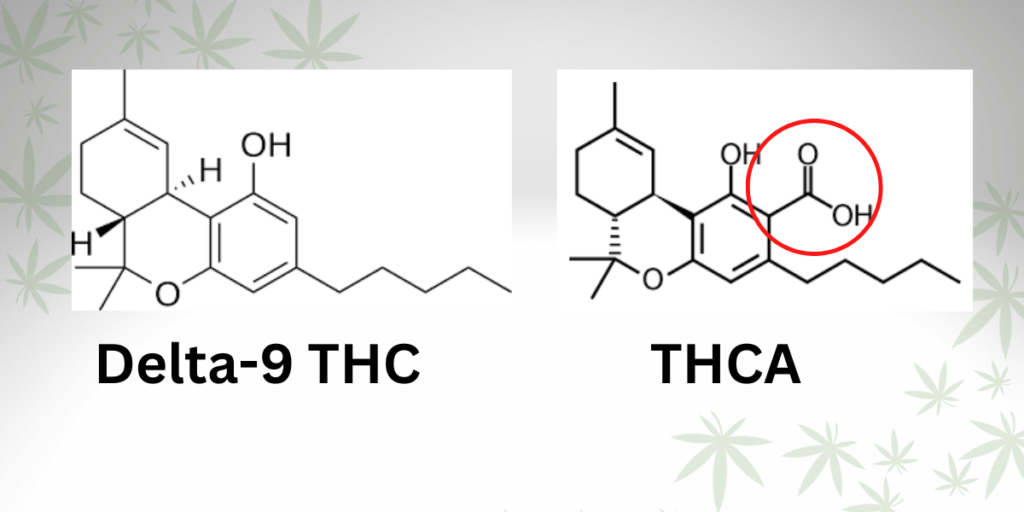
Delta-9 THC is a cannabinoid that most people are already familiar with. This compound is commonly known as THC. This is the cannabinoid that people typically think of when they think of cannabis. This is because THC creates the high that most people mentally connect with cannabis.
Both THCA and THC are found in hemp and cannabis plants. Both have potential therapeutic uses. THCa differs from THC in the following aspect.
- Source: THCa is highly concentrated in freshly harvested cannabis or marijuana plants while THC is obtained from dry cannabis plants. After harvest, THCa is converted to THC when the plant is exposed to heat, light or allowed to age.
- Intoxication: THCa is non-psychotropic, meaning it does not produce the high typical of THC.THCa is more related to CBD’s activity than THC. THCA will only produce a high if it converts to THC. A common method of turning it into THC is smoking it. THCA flower has a particularly large quantity of THCA,and when you smoke it, it converts to THC.
Looking for tinctures you can trust? Check out our range of oils that all meet FLOW criteria!
The Difference Between THCa and CBD
While THCa is similar to THC, it is even more similar to CBD and CBDA. CBDa is the acidic form of CBD and is converted to CBD when exposed to heat, light, or properly aged as well.
THCA is also similar to CBD since it does not produce a high. This has to do with the specific way they interact with the brain, making both of them very different compared to THC.
Why Use THCa Flower?
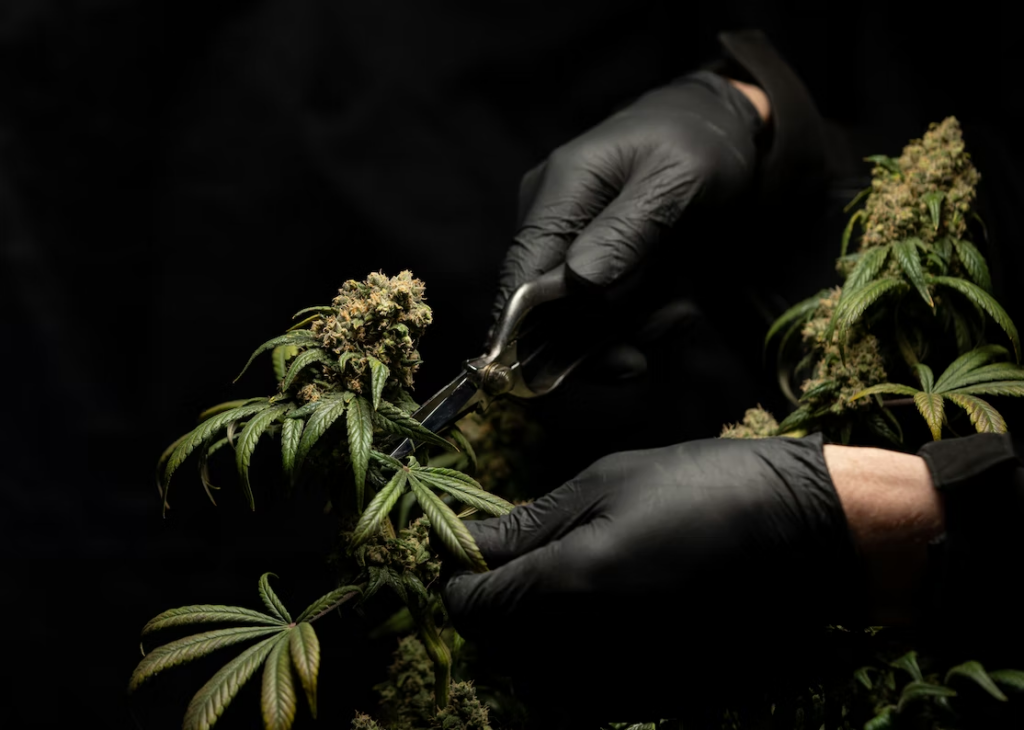
THCa flowers (marijuana buds) have a high concentration of THCa. The flower, even though it’s relatively low in THC, is in a legal gray area. Some states allow it under hemp, because it’s technically not THC, and other states don’t allow it outside of a legal dispensary.
This situation presents an interesting legal loophole in regard to marijuana laws in the USA. While THCA flowers are low in THC, they contain THCA, which turns into THC. So, they present a way to get high from THC in a completely legal way.
Related: History of Marijuana Policy in the USA: A Summary
Benefits of THCa
These are benefits that have been demonstrated by early research but are not necessarily the final word on this product.
Anti-Inflammatory
Some cannabinoids have demonstrated an ability to produce anti-inflammatory effects. They foster the production of anti-inflammatory chemicals while simultaneously blocking chemicals that produce inflammation. Together, this helps improve the flow of blood and the use of oxygen within the body, which goes on to reduce inflammation.
These anti-inflammatory effects can potentially lead to pain reduction. This is why many people look to CBD pain packs in order to treat the pain they are dealing with.
Neuroprotection
Your central nervous system is a critical system within your body. Neuroprotection is crucial in the face of threats, like concussions or neuro-degenerative disorders, like Parkinson’s Disease.
Both THCa and CBD have been shown to have neuroprotective qualities, decreasing neuro inflammation and helping to decrease seizures.
Antiemetic
Supplements, drugs, or other materials with antiemetic properties help reduce nausea and even vomiting. THCa and CBDa have been shown to have antiemetic properties. In fact, the antiemetic properties of THCa and CBDa seem to be even stronger than the antiemetic properties of THC and CBD. So, they clearly have a noticeable effect.
Autism
THCa and CBGa were reported to assist in managing symptoms of autism without the intoxication that THC can sometimes cause. Children with autism have been found to have chronic inflammation, and THCa works for many to manage that inflammation.
Related: Cannabis Healthcare Education
How to use THCa
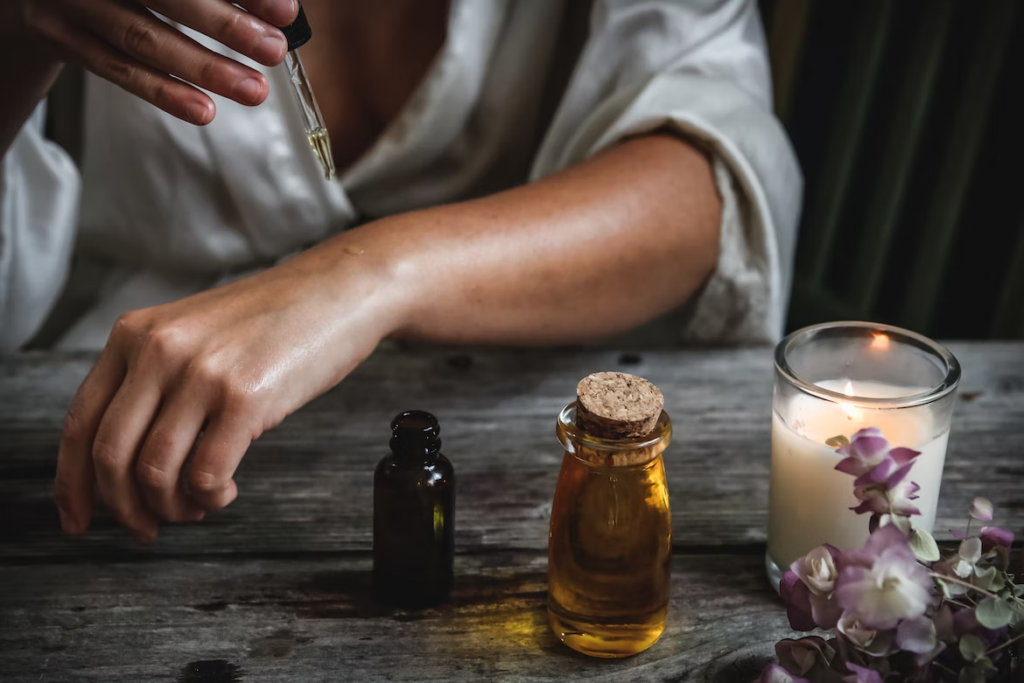
While CBD is often found in creams and other products, THCa is most often consumed through THCa flowers. These are then heated and smoked, but this is how you get THC and not THCA. To actually consume THCA, a lot of people like to make a tea from the buds and drink it, or consume the buds raw. As long as it’s not too hot (less than about 180 degrees F), this is a great way to consume THC.
Another way is through a tincture, and clinicians like Trusted Canna Nurse can help patients find the best place to get THCa tincture.
Though most states have determined that flowers like this are completely legal, not every state has done so. Some consider the fact that THCa can become THC to be problematic. Because of this, it is important to know your state’s laws before seeking out or using THCa flowers.
The Overall Impact of THCa
THCa is a unique cannabinoid with plenty of helpful features. It provides many of the same health benefits offered by CBD while potentially providing some of the mental benefits offered by THC.
Our gummies use hemp-derived and provide lasting relief. Take a look at our variety of gummy options!
Last Updated on September 29, 2023 by Megan Mbengue, BSN, RN, CHPN

